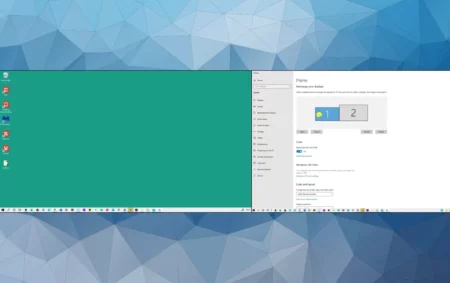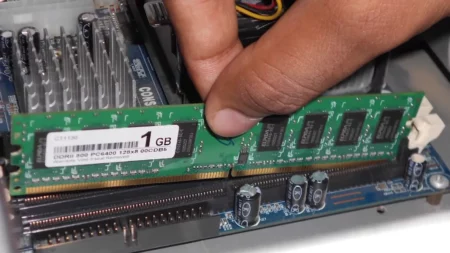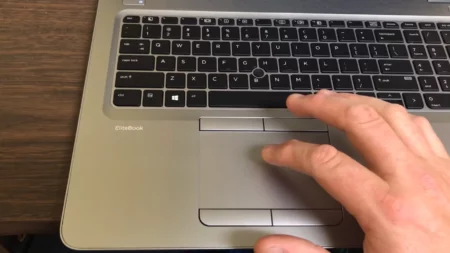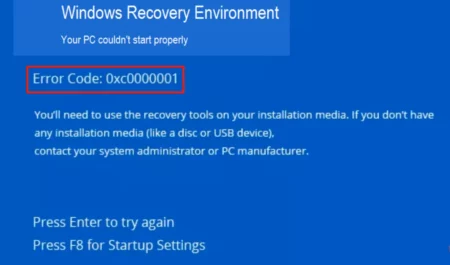Fans that make a lot of noise may need to be replaced or cleaned if the dirt and dust that clogs them up prevent airflow. The second I notice that the fan on my power supply unit is producing a disturbance, I immediately begin searching for a means to make it go silent. Get in touch with me if you are looking for a rational justification for why is my power supply loud that it is disrupting the operation of my computer.
The power supply unit (PSU) fan may be worn out, or there may be an undesirable substance on the fan. However, these are not the only possible reasons for the PSU fan being suddenly loud; there may be other factors at play as well.
Standard power sources often emit a recognizable, low buzzing. However, if the volume suddenly spikes, it’s probably not safe for your computer. Heat and age are two more possible contributors to this problem.
Make sure the filter and other components of your PSU fan are clean. The movement of fans may be impeded by dust accumulated on the blades. The exhaust mesh may also be affected if the case is placed inappropriately adjacent to a wall. PSU may create noise if not given adequate fresh air to function.
The excessive attention paid to some buzzing outlets may have severe foundations. If the buzzing noise is getting stronger over time, you should not disregard it. If a whirring noise continues coming from your socket, you should cease using it until you can fix it.
Some General Power Supply Issues That Everyone is Facing
The problems may be traced back to more everyday issues, such as screws that have become loose or general wear and tear. Because of this, I decided it would be best if I did some serious investigating into possible causes for the fan’s performance that was less than impressive.
8 Essential Steps: How To Maintain Your PC
5 Reasons Why My Power Supply Making Noise?
In the past, I often pondered that I wanted to know why is my power supply making noise, which is not usual. Everyone wonders about these things, but those who are as concerned about their computers as I am particularly likely to wonder about how to stop power supply fan noise.
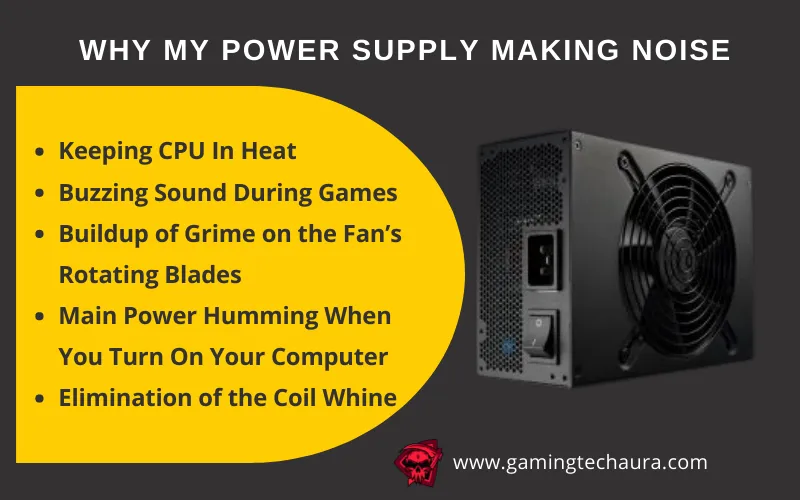
On the other hand, a few frightening scenarios might result in the fan on your power supply unit exploding or perhaps passing away. As a result, I decided to compile a manual that doesn’t restrict itself to the usual issues and remedies but seeks those that are more obscure.
1) Keeping CPU In Heat
Avoid taking steps to raise the temperature of the CPU on your computer. The fan’s performance on your power supply unit may suffer if you put your CPU in a humid place. Due to the accumulation of heat, the fan might rust and stop working.
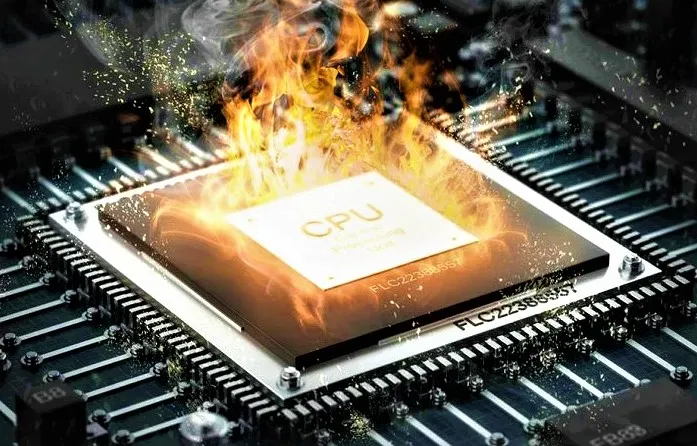
Quick Fix:
When you ask a question from yourself about the cool air, it should also come to your mind which way should PSU fan face to keep your PSU cool? It is of the utmost importance that the inside of the computer always has a fantastic air circulation option available, so the face of the fan should be towards the bottom of the case.
Instead of hastily disassembling your computer to examine its inner workings, put it to better use in a less warm environment. You must position both the desktop and laptop computers on a solid surface. It allows warm air to be transferred elsewhere, which is impossible when restricted, such as in a cabinet. Using a laptop in direct sunlight for extended periods may cause overheating. Therefore, doing either is not recommended.
2) Buzzing Sound During Games
Have you ever heard a power supply making a buzzing noise when playing games? If so, don’t worry; I have heard it too. The last time I had to replace my PSU fan, I was in the middle of beating my personal best score in my favorite game, Minecraft.
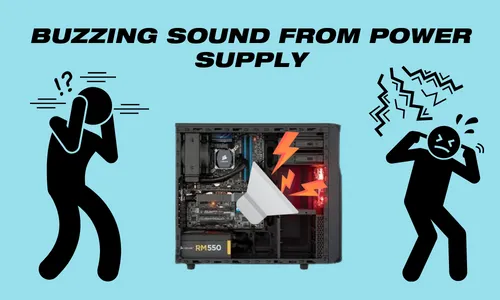
The fan on my power supply unit stopped spinning, and my computer’s central processing unit began to shake most disturbingly. It occurred because of continuous usage over a long time with no breaks in between, and as a result, I realized that my power supply unit, as I do, sometimes needs some downtime.
Quick Fix:
Both regular PSUs and gaming PSUs may be affected by this issue simultaneously. To remedy this issue which often is a reason to think about why is my power supply loud. I reduce unnecessary continuous use since prolonged use may be detrimental to my computer and its fan.
When using a gaming PC, I consider it vital to give my device a break. If you cannot refrain from using your power supply unit for extended periods, the fan might overheat to the point where it could finally catch fire. Whenever you aren’t using it, disconnect it from the propulsion system and leave it disconnected for a couple of hours.
Even if you have already switched off your computer, you should still disconnect the device since it is the primary source of fan deformations. If the power supply unit fan becomes unusually noisy, turn it off or restart the device. If it continues to make a loud sound after completing this step, the device is broken and must be replaced.
3) Buildup of Grime on the Fan’s Rotating Blades
The cause of a loud PC fan is often found to be a dirty computer fan. If you want your power supply unit’s fan to work as intended, you should keep it clean and devoid of debris. Dust gathered on the fan blades of the power supply unit might cause the machine to malfunction.
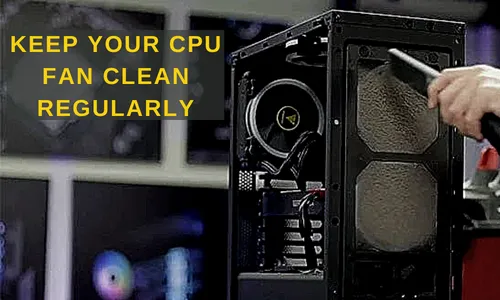
We are all aware that the operation of the computer might suffer if the components are not cleaned regularly. Regularly cleaning the fan and vents helps ensure that the computer’s internal components get appropriate cooling from the power supply fan without the fan having to work too hard.
Quick Fix:
Before you begin wiping your PSU and also your thoughts about why is my power supply making noise, ensure your device is turned off and that all of its cords and links, most notably the power line, are unplugged. Spray the pressurized air duster, often called canned air, in an angled direction toward your computer’s vents.
Remove the dust outside of the computer instead of blowing it back inside. To complete the task, use a cloth made of viscose to wipe off the fan. Be cautious not to remove your electricity supply while cleaning the fan but do your best to sweep it as thoroughly as possible.
In addition, I inspect the thermal paste and any other components that may have any grime. The thermal paste assists in transmitting warmth towards heat sinks, but with time it may wear out and become less efficient at its job. Ensure all the cables are hooked back in – and the fans are set into the CPU before you consider the things done.
4) Main Power Humming When You Turn On Your Computer
While you connect and set up your personal computer, and you notice the power supply fan making a buzzing noise or acting strangely, such as creating scary sounds, your best bet is to adopt a fast cure. If your device’s power source emits a clicking noise or begins buzzing as soon as it is connected, the problem might be caused by any of the actions detailed in the following paragraphs.
Quick Fix:
First, if you switch on the computer and the power supply fan is loud on startup, you should power down the system and disconnect the PSU. Determine which aspect is producing problems, as well as the criteria that are contributing to those issues. You may check if these weird sounds come from any other component except the power supply unit fan.
You should adhere to the directions to seek out the PSU buzzing noise under load. After you have ensured that all the fans and power supply components have been thoroughly examined, proceed to hook in the power source.
How to Install Waterblock To Cool The GPU?
5) Elimination of the Coil Whine
Now that we’ve exhausted all the tried-and-true treatments allow me to suggest an unconventional solution for your thought about why is my power supply so loud. Coil whining may be just as annoying as a fan that isn’t working correctly, but it’s far trickier to detect. It takes the form of a loud droning tone that has a pattern of increasing and decreasing intensity depending on the degree of operation on the PC.
In the following, I will examine why I detected buzzing from specific locations inside the PSU. These electric circuits have a propensity to shake with high bandwidth currents. They travel through them, which results in the emission of a whirring noise whenever the wavelength of the oscillation coincides with the naturally occurring resonance frequency of the inductive loads.
Quick Fix:
The inductors or power wires on the printed circuit board are the source of the coil whining. When you place your ear to the graphics processing unit (GPU), the processor, and the power supply unit (PSU), you may quickly pinpoint the source of the fault.
Because of this, I make it a point to choose power supply units (PSUs) that have been carefully considered in terms of their layout and have components that have been treated with features that are effective at dampening shocks and noise and controls PSU buzzing noise under load. Leading vendors of power supply units provide alternatives for high and elevated units that display an excessive number of coil whining.
All of the beeps I detect emanating from my power supply tend me to think more about why is my power supply loud. That’s why if you tend to think about how to stop power supply fan noise, I have included the five most prevalent factors that significantly impact the performance of the fan blades of the power supply unit.
Summaries Words
